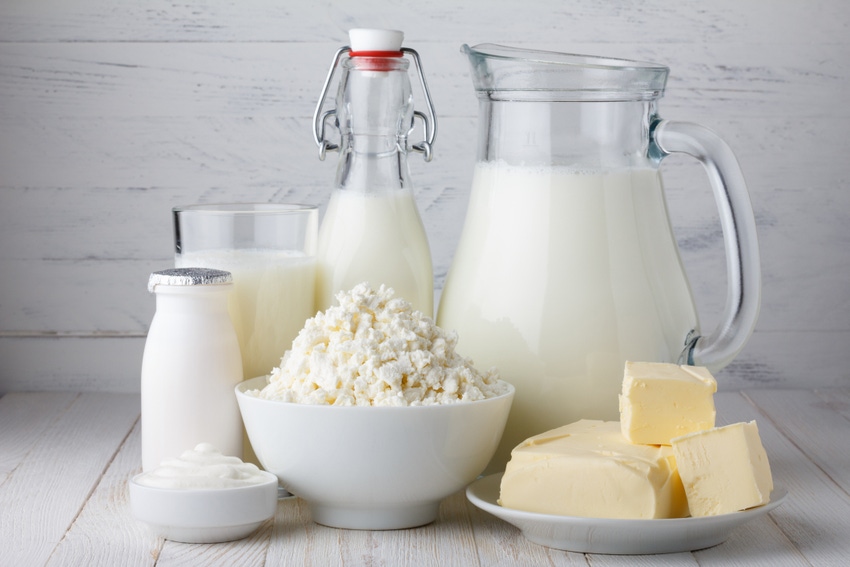Three CEOs of leading U.S. dairy policy organizations promote coordinated message of collaboration and partnership with Mexico.

The leaders of three major U.S. dairy organizations Wednesday promised to continue a strong commitment to their time-tested partnership with Mexico’s dairy industry and consumers. The discussion comes amid uncertainty created in recent weeks on how trade will fare if changes are made to the current North American Free Trade Agreement (NAFTA).
“We have always seen Mexico as a partner first and a customer second,” U.S. Dairy Export Council president and chief executive officer Tom Vilsack told Mexican dairy leaders attending the National Dairy Forum in Mexico City, Mexico. “That’s why we intend to continue working with you and your industry to expand the consumption of dairy products in a way that benefits both countries.”
“Mexico is our friend, ally and most important trading partner,” said Jim Mulhern, president and CEO of the National Milk Producers Federation. “Our goal this week in visiting Mexico is to communicate our steadfast commitment to our partnership with the Mexican industry, even as we continue to explore ways to deepen that relationship by working on issues of mutual benefit.”
“The United States proudly provides the majority of imported dairy products to Mexican consumers,” said Dr. Michael Dykes, president and CEO of the International Dairy Foods Assn., which represents dairy food companies and their suppliers. “We strongly believe that it’s in the best interest of both countries to preserve and enhance our excellent trade relationship, now and in the future.”
Vilsack and Mulhern spoke at the Femeleche conference here, which brought together Mexican dairy industry leaders, farmers and government officials. As part of the coordinated message of collaboration and partnership with Mexico, the three CEOs of the U.S. dairy policy organizations are also meeting with a variety of government officials, including Mexico's minister of agriculture and the U.S. ambassador to Mexico.
The reassurance from U.S. dairy leaders comes during a time of political uncertainty on both sides of the border.
Since NAFTA became law in 1994, U.S. dairy exports to Mexico have more than quadrupled to $1.2 billion. That makes Mexico the U.S. dairy industry’s number-one export market, accounting for nearly one-fourth of all U.S. dairy exports last year.
Put another way, exports to Mexico require the milk of 345,000 American cows. This creates approximately 30,000 U.S. jobs, according to the U.S. Department of Agriculture, and $3.6 billion in U.S. economic impact.
The Trump Administration has not determined exactly how it will handle NAFTA renegotiations, according to U.S. Trade Representative nominee Robert Lighthizer’s testimony before the Senate Finance Committee on Tuesday.
In response to concerns over NAFTA renegotiation and potential harmful effects to U.S. agriculture markets, Lighthizer said, "We have to be careful not to lose what we gained. I do believe it can be done. I'm not suggesting that it will be easy, but I do believe it can be done."
Lighthizer noted that a decision has not been made on whether to update NAFTA as a bilateral or trilateral agreement. He added that the U.S. is an important market to Mexico, so there's leverage to do it properly and rationally to improve NAFTA and not hurt agriculture. "United States and Mexico both need each other a lot economically. I think that's something that helps both of us and doesn't risk damage to our agricultural sector," he told the senators.
About the Author(s)
You May Also Like




.png?width=300&auto=webp&quality=80&disable=upscale)
